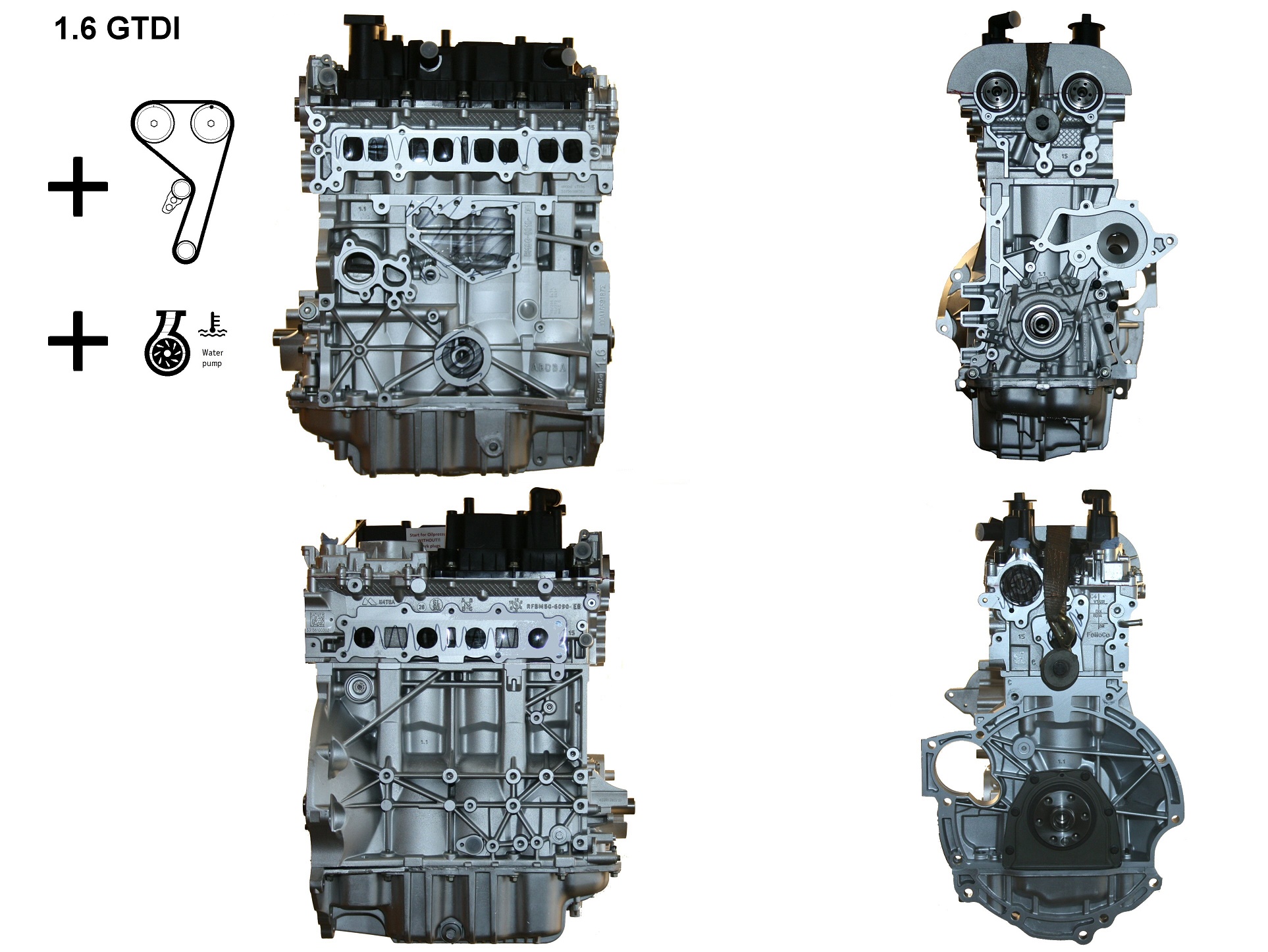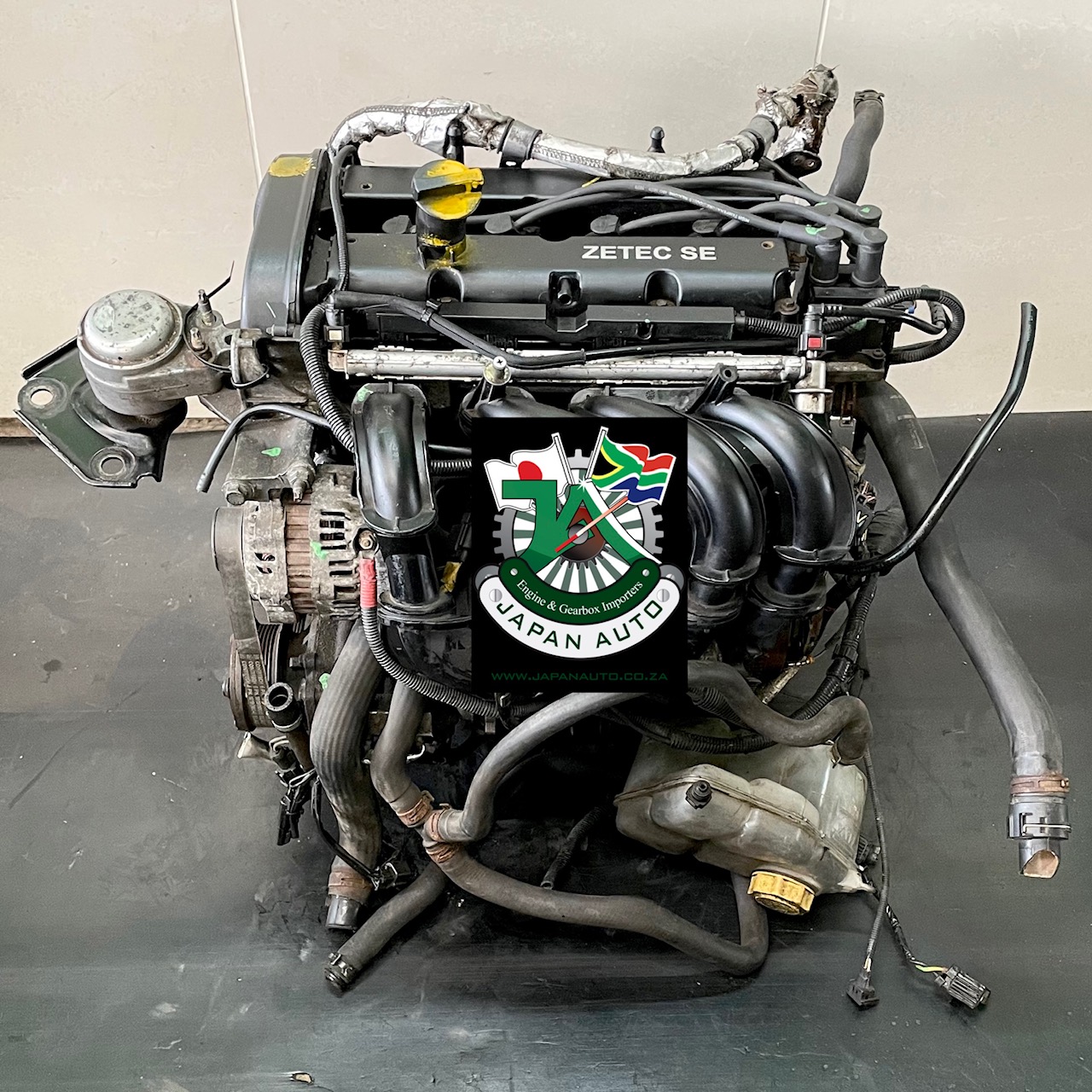Enhance Your Driving Experience with a Reliable Ford Fiesta Engine
Enhance Your Driving Experience with a Reliable Ford Fiesta Engine
Blog Article
The Future of Engines: Advancements Driving Lasting Power Solutions
As the automobile market navigates the vital change in the direction of sustainability, the future of engines is increasingly specified by groundbreaking technologies. Electric engine advancements, together with appealing developments in hydrogen gas cells and biofuels, are improving the landscape of power remedies. The development of hybrid systems even more complicates this evolution, providing both difficulties and chances to minimize emissions successfully. Paired with the assimilation of artificial intelligence in engine style, these technical strides increase vital questions concerning their long-lasting viability and influence on traditional standards. What might this mean for the market and consumers alike?
Electric Engine Developments
The advancement of electrical engine advancements signifies a pivotal shift in the vehicle and aerospace sectors, driven by the urgent requirement for sustainable alternatives to nonrenewable fuel sources. This shift is identified by substantial improvements in battery modern technology, power electronics, and electric motor style, which collectively improve the effectiveness and performance of electric engines.
Recent technologies have actually brought about the development of lighter, extra energy-dense batteries, such as lithium-silicon and solid-state batteries, which guarantee longer varieties and shorter charging times. In addition, improvements in electric motor performance, such as the use of permanent magnets and progressed cooling down systems, allow electrical engines to operate effectively under varying problems. These improvements not just improve vehicle efficiency however additionally add to a decrease in total power usage.
Additionally, the assimilation of sophisticated software application algorithms has actually maximized power monitoring in electrical lorries, allowing for regenerative braking and predictive charging approaches. As makers significantly embrace electric propulsion, the automobile and aerospace industries are observing a standard shift towards greener innovations. This development not only satisfies governing needs yet likewise straightens with customer choices for eco-friendly transportation remedies, solidifying electrical engines as a cornerstone of future lasting wheelchair.
Developments in Biofuels
As the automotive and aerospace industries progressively focus on lasting power resources, innovations in biofuels emerge as a complementary option to electrical engines. Biofuels, originated from natural materials such as crops, waste, and algae, offer a cutting-edge method for minimizing greenhouse gas emissions and dependence on nonrenewable fuel sources.
Current research has concentrated on boosting the performance and sustainability of biofuel manufacturing. Second-generation biofuels utilize non-food feedstocks, decreasing competition with food supply and lowering ecological impact. Improvements in artificial biology have actually enabled the design of bacteria to produce biofuels extra successfully, leading to greater returns and lower manufacturing prices.
Furthermore, the growth of drop-in biofuels permits for smooth assimilation right into existing framework, allowing a smoother shift for markets generally based on nonrenewable fuel sources. ford fiesta engine. These gas can be used in current engines without alterations, promoting their adoption across numerous fields
Investments in biofuel innovation, in addition to helpful policies, are necessary to drive advancement and scalability. As the international community looks for to combat climate modification, biofuels supply a practical, immediate service that aligns with the overarching objective of sustainability in transport and aviation.
Hydrogen Fuel Cell Innovation
A growing variety of researchers and companies are discovering hydrogen fuel cell technology as a feasible alternative to traditional power resources in transportation and power systems. This modern technology converts chemical energy from hydrogen into power with an electrochemical response, with water as the only byproduct, making it an ecologically friendly choice.
The core of hydrogen fuel cells is the fuel cell pile, where hydrogen molecules are divided into electrons and protons. The circulation of electrons generates electrical power, while protons move via a membrane to integrate with oxygen from the air, developing water. This process causes high performance and low exhausts, placing hydrogen fuel cells as an essential gamer in the change to sustainable energy.
Considerable innovations have actually been made in improving the resilience and effectiveness of gas cells, together with reducing prices via innovative production techniques. The growth of hydrogen production approaches, such as electrolysis powered by eco-friendly power sources, improves the sustainability of the total system. As infrastructure for hydrogen refueling expands and manufacturing techniques come to be a lot more effective, Web Site hydrogen fuel cell modern technology holds wonderful guarantee for decarbonizing various sectors, including sturdy transportation and fixed power generation.
Hybrid Systems and Their Impact
Crossbreed systems stand for a considerable advancement in sustainable engine technology, merging conventional interior burning engines with electrical propulsion to enhance energy effectiveness and lower exhausts (ford fiesta engine). This twin approach allows automobiles to make use of both power resources, allowing higher versatility in energy consumption and decreasing reliance on fossil fuels

In addition to environmental benefits, crossbreed systems supply consumers a sensible transition towards fully electric cars. They relieve array anxiety by integrating the benefit of gas with the advantages of electrical propulsion, making them an appealing choice for a larger audience.
The Role of AI in Engine Layout
Leveraging innovative formulas and artificial intelligence methods, the automotive industry is significantly incorporating man-made knowledge (AI) into engine style procedures. AI boosts the effectiveness and efficiency of design by examining large datasets to recognize optimal setups and efficiency specifications. This ability enables designers to simulate different operating conditions and predict engine behavior under multiple scenarios, significantly decreasing the time and price related to conventional prototyping techniques.
Moreover, AI assists in the development of innovative materials and combustion processes customized for sustainability. By maximizing gas efficiency and lessening discharges, AI-driven styles line up with worldwide initiatives aimed at decreasing the carbon footprint of vehicle engines. Equipment knowing formulas can additionally forecast maintenance demands, causing boosted integrity and longevity of engine elements.
Additionally, AI contributes in the combination that site of electrification innovations, such as hybrid systems, where it can enhance battery management and power healing procedures. As the sector relocates towards more lasting power remedies, the duty of AI in engine style becomes progressively important, driving development and improving the efficiency of future engines. Ultimately, the partnership between AI and engine style proclaims a new period of smarter, cleaner, and more reliable auto innovations.

Conclusion
To conclude, the future of engines is being shaped by a merging of ingenious modern technologies that focus on sustainability. Electric engine advancements, biofuel growths, hydrogen gas cells, and hybrid systems jointly contribute to a considerable reduction in emissions and environmental impact. Furthermore, the integration of expert system in engine style improves efficiency and performance. These transformative services underscore a commitment to producing a cleaner, much check over here more sustainable automotive landscape, eventually benefiting both society and the environment.
Electric engine innovations, along with promising advancements in hydrogen gas cells and biofuels, are improving the landscape of power remedies. Additionally, renovations in electric motor efficiency, such as the usage of permanent magnets and progressed cooling systems, enable electric engines to operate effectively under varying conditions. By enhancing gas performance and decreasing exhausts, AI-driven styles straighten with global initiatives aimed at minimizing the carbon impact of automotive engines. As the industry moves towards more lasting power services, the role of AI in engine design comes to be increasingly vital, driving technology and enhancing the performance of future engines. Electric engine advancements, biofuel growths, hydrogen fuel cells, and hybrid systems collectively contribute to a significant reduction in discharges and environmental influence.
Report this page